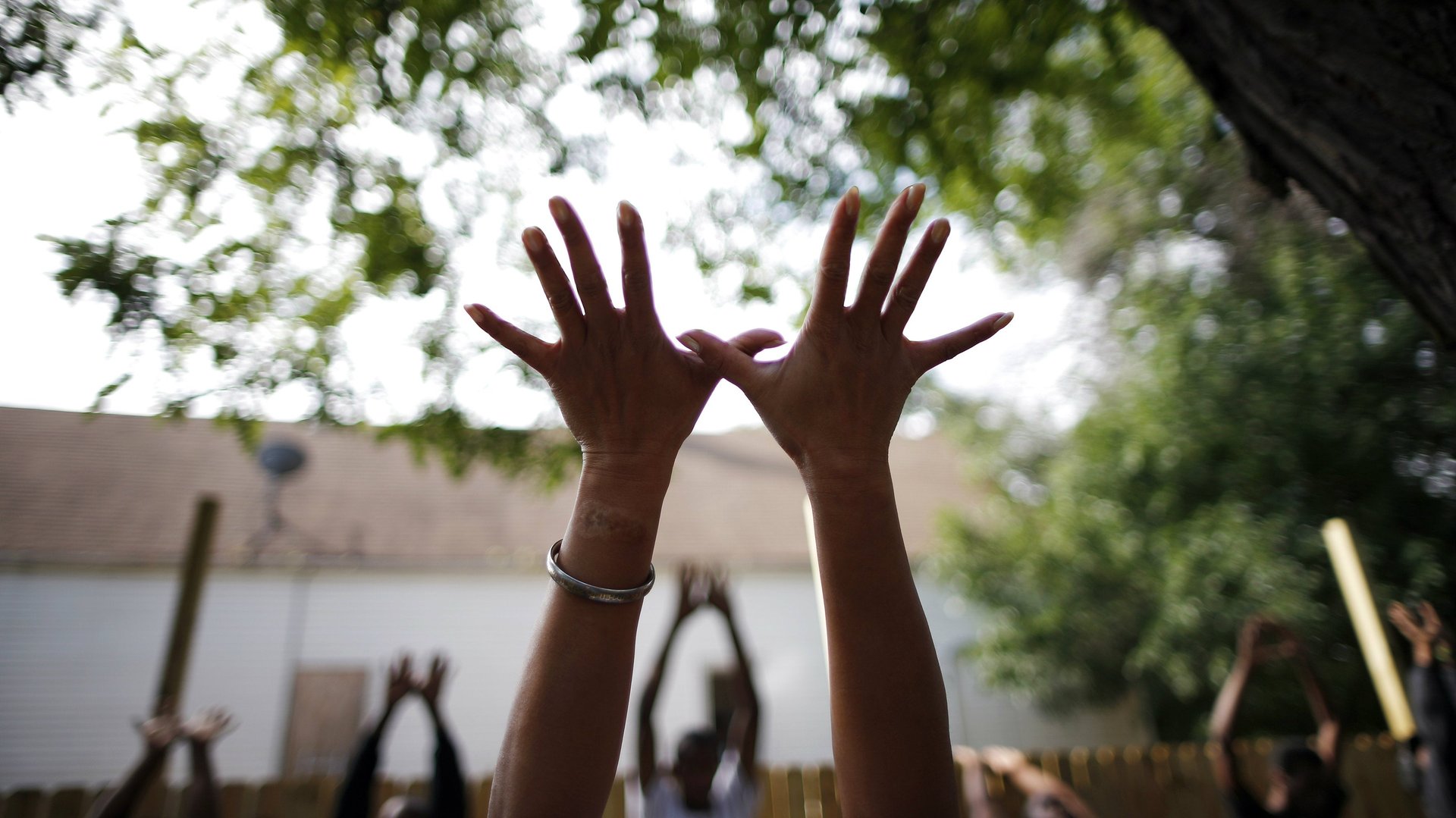Why our New Year’s resolutions are all wrong
Losing weight is by far the most popular New Year’s resolution. Quitting smoking, stopping drinking, promising to save more money and hitting the gym are also up there.


Losing weight is by far the most popular New Year’s resolution. Quitting smoking, stopping drinking, promising to save more money and hitting the gym are also up there.
We are going about our New Year’s resolutions all wrong, always trying to change the symptoms instead of addressing the heart of the problem—the behaviors rather than what’s motivating them in the first place. We need to resolve to make better resolutions!
Unhealthy habits are what we do to distract from uncomfortable emotions that we don’t know what to do with: anger, sadness, loneliness, boredom, and guilt. Eating your emotions is a great example of how we use a behavior to distract from what we are feeling. But resolving to stop the distracting behavior without first finding out what’s motivating it is dooming yourself to failure. Only when we acknowledge what’s driving us can we make a conscious decision to change a behavior.
One of my clients summed it up nicely: “I had it all backwards. I thought that if I lost weight I would happy. Once we started working with my emotions, I realized it’s the other way round. When I am happy, I am healthier—and not just with food.”
Resolve to reconnect with your emotional self this year. Here are three simple but powerful practices that will help you create change from the inside out:
1. Practice emotional awareness
How often do you stop and ask, “What am I feeling?” At first, the answer may be “I don’t know!” and that’s OK. Be patient, be curious, and keep feeling. If you are used to ignoring how you feel or shutting down to the point of numbness, it may take a little while to reconnect. Confused by what you’re feeling? You may be feeling more than one emotion. Don’t try to think too much, just feel.
When is the best time to ask yourself how you’re feeling? When an unhealthy habit tempts you. Reaching for the bag of chips? Have the urge to pour a drink? Stepping out for a smoke? Stop! Ask yourself how you are feeling. Angry? Stressed? Bored? Sad? Once you acknowledge what you are actually feeling, then you can make conscious choices about how to satisfy the feeling instead of covering it up. And remember, it can be just as uncomfortable to feel positive emotions. Eating your happiness is no better than eating your sadness. Practice basking in feelings of happiness, joy, pride, and excitement without having to distract with unhealthy behavior.
In the end we can’t fix what we aren’t aware of. By practicing emotional awareness, you may be surprised to find what is truly motivating your unhealthy behaviors.
2. Practice emotionally refueling
We are so busy and our hectic pace leaves us mentally and emotionally overwhelmed and exhausted. Our emotions need a break. We all have small things that help us feel refueled—a morning to sleep in, an hour to ourselves, a run, date night, or a chat with a friend.
Make a list of the things that leave you feeling joyful, rested, rejuvenated and renewed. The list shouldn’t include anything that is a chore or a “should,” only things you enjoy doing or think you might enjoy doing. Schedule one of these activities at least once a week, give it as much weight as any other appointment and don’t let other people or activities encroach upon it.
Remember, we cannot give what we do not have. Make refueling your emotional reservoir a priority and see how much more you have to give to the world when you take the small amount of time you need to care for yourself.
3. Practice gratitude
Research from the Greater Good Science Center at U.C. Berkley has found that gratitude not only benefits us emotionally, but also mentally and physically. When we practice gratitude, we increase the level of activity in our hypothalamus, which is the part of the brain that controls many bodily functions, including metabolism, sleeping, and stress level. That is why gratitude can boost our immunity, improve sleep, and decrease depression. Practicing gratitude also leads to stronger relationships and greater feelings of generosity and connection. It’s healthier for you and your community.
It’s easy to start incorporating gratitude in your life, here are a few ways:
- Keep a gratitude journal and write three things that you are grateful for everyday. There is no such thing as something too small or simple to be grateful for.
- Tell your significant other one thing you appreciate about them every day.
- Write thank you notes. It can even be an email just to tell someone how much you appreciate them.
The more you train yourself to look for the blessings in your life, the more blessings you will find. And when you feel good about yourself and your life, you’ll be more likely to choose positive, healthy behaviors.
Get it right this year. Resolve to pay attention to your emotional well-being and you’ll be on the road to lasting change. Your emotions hold valuable information that can help you to make the changes you need to create the life you want. Instead of those tired, old resolutions you’ve made in past, start 2015 with a question: How am I feeling?